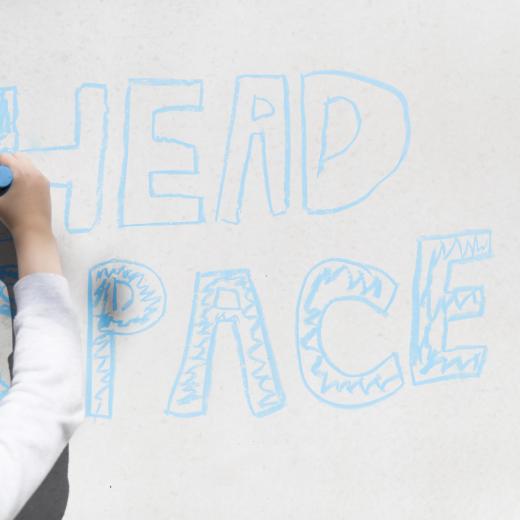BLUF
Resilience against, for example, bullying, can help people avoid developing mental health problems later on; however, it does not necessarily guarantee happiness.Summary
Over the last 20 years, there has been a growing belief that humans can train themselves to overcome hardship. However, most programs focus on helping people avoid adverse outcomes rather than achieving positive results that might make them happier. Note the latest BioMedCentral research Peer victimisation during adolescence. Wellbeing can be assessed in two ways; the focus can be on personal happiness or whether we are living a rich and satisfying life. When both these aspects are combined, they can refer to our ‘mental wellbeing’. The BMC found that resilience to being bullied as an adolescent helped people overcome depression but that they still experienced poorer wellbeing than people who were never bullied. Improving your wellbeing might require a different approach from that used for mental health issues. Consider one of the strategies suggested by the writer, that wellbeing might be able to be improved by just focussing on positive memories.
References
- Apr 2020 Psychology Today Finding Joy and Resilience During Stay-at-Home Times
- Nov 2020 The Guardian I'm a survivor! How resilience became the quality we all crave
- Jan 21 HBR The Secret to Building Resilience
- Jan 21 The Guardian ‘I see human resilience every single day’: people in tough jobs on how to stay hopeful





